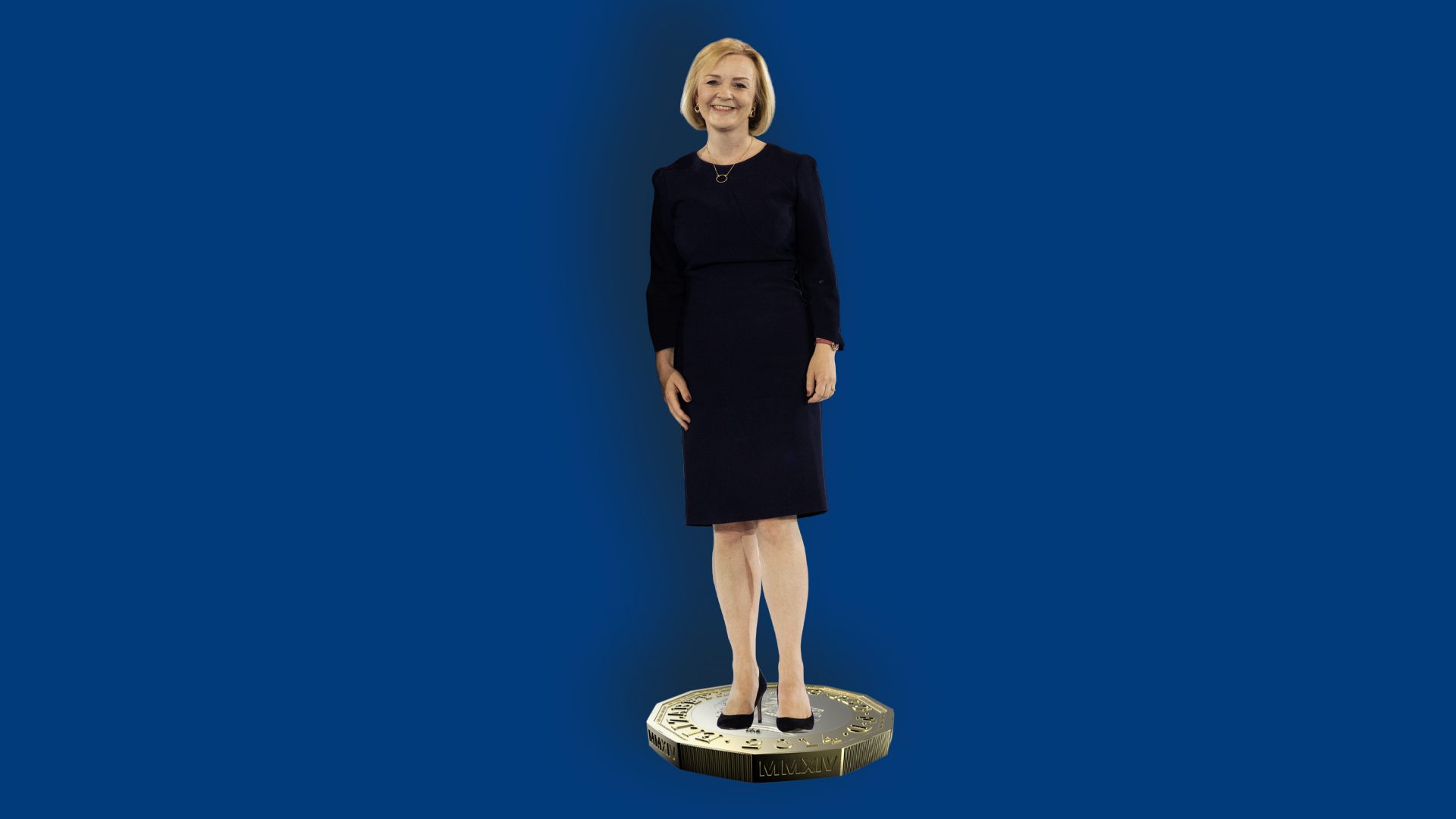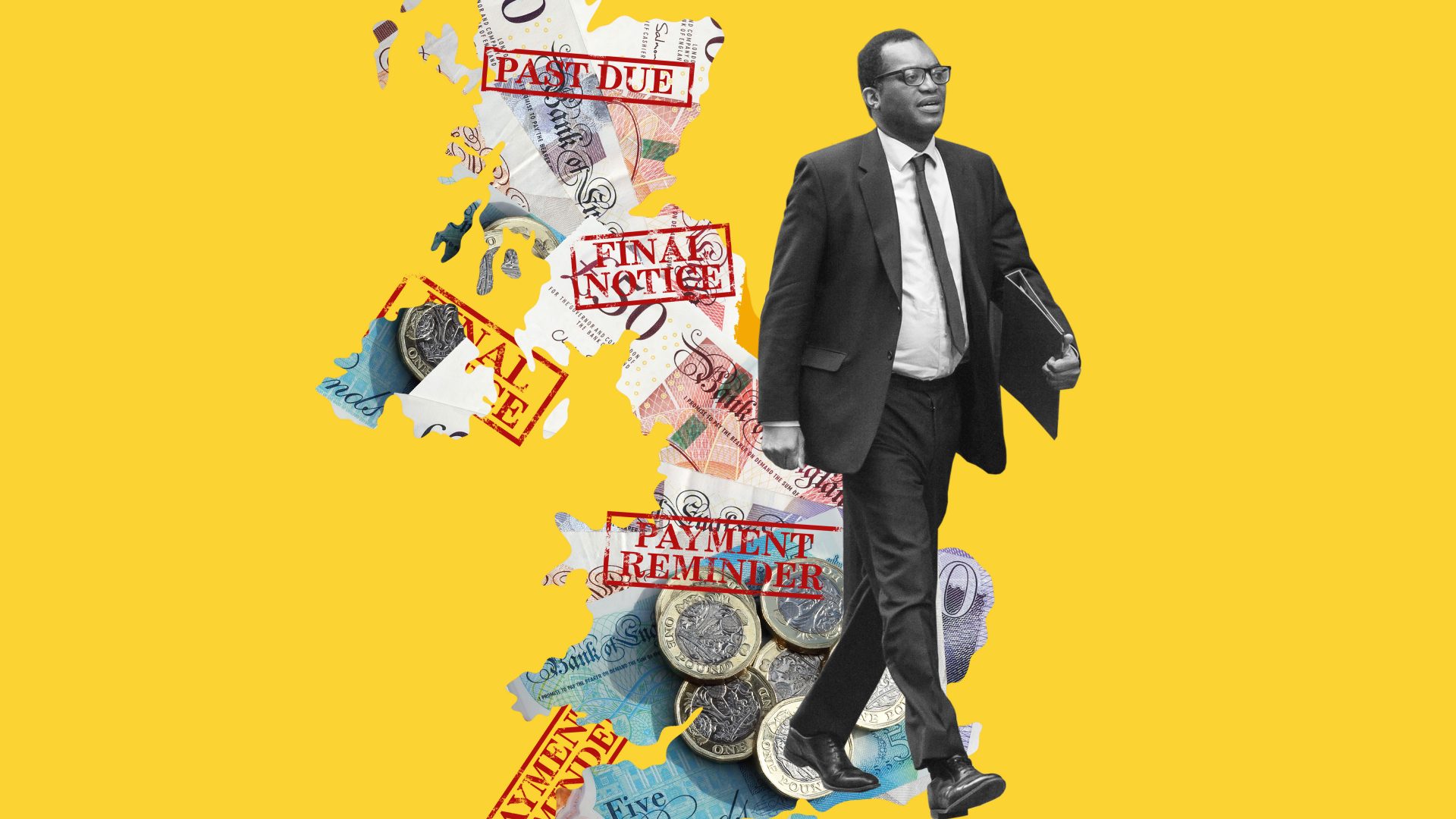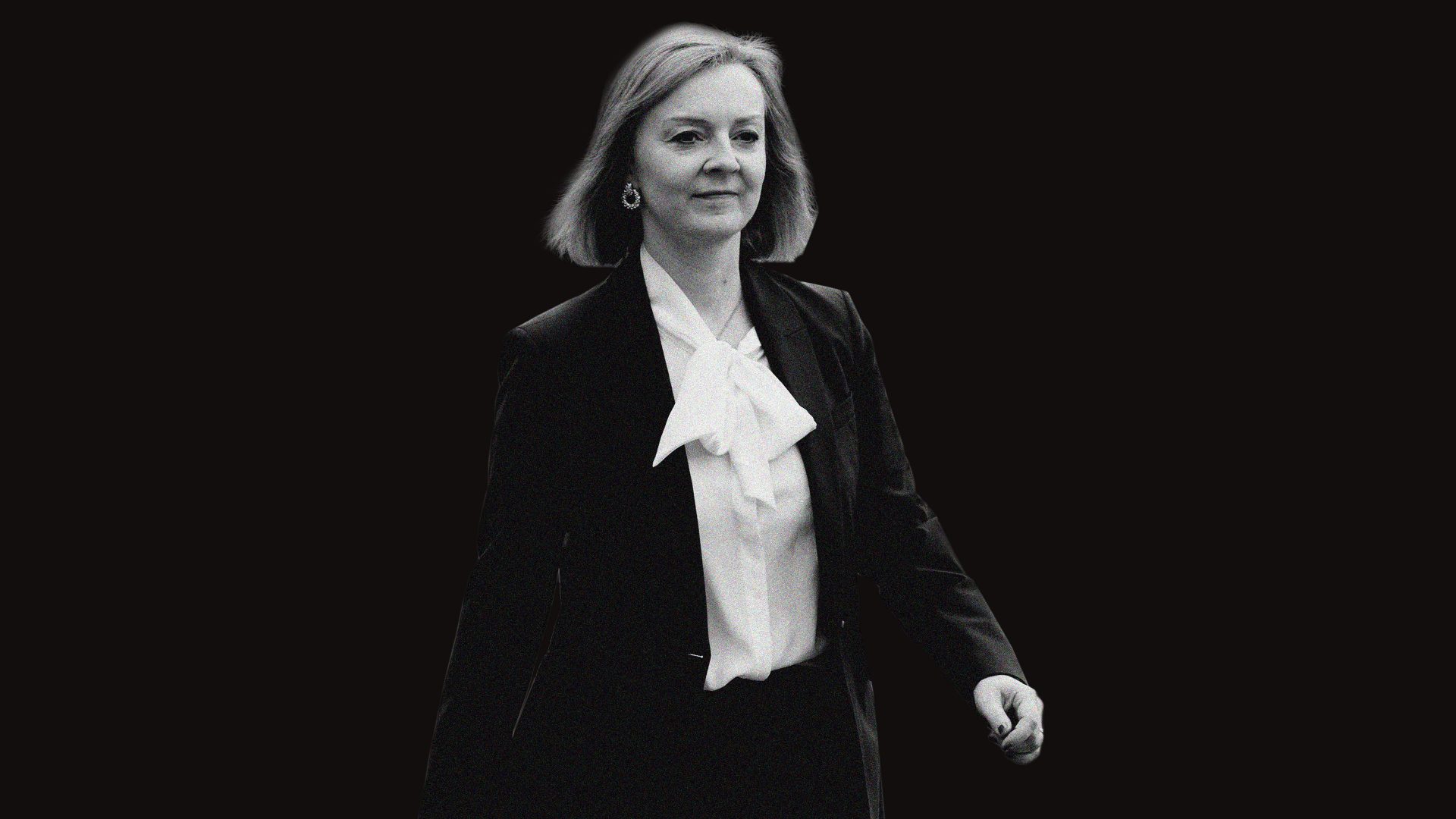Kwasi Kwarteng was always a high-risk appointment as chancellor of the exchequer. He was too casual, too enamoured with his own intellect. But in a Cabinet determined by loyalty rather than competence, Liz Truss was set on Kwarteng as her nearest neighbour in Downing Street. Now she has paid the price.
In the space of four days, three decades of sound economic management have gone up in smoke. Financial markets have responded to Kwarteng’s uncosted tax cutting bonanza last Friday with a ferocity not seen since Black Wednesday in 1992 when Britain (along with Italy) was ejected from the European exchange rate mechanism.
The pound suffered a rout in currency markets, sliding toward parity with the US dollar. In short, we have witnessed the return of an old-fashioned sterling crisis. More worrying, bond yields have soared at both the short and long end of the market, massively raising the cost of government borrowing.
The Bank of England is under pressure to jack up interest rates to defend the pound, with some analysts predicting up to 6 per cent by next year – a disaster-in-the-making for the housing market. Equally, the Bank’s monetary brake is operating just as the treasury is pedal down on the accelerator.
The debacle comes down to a catalogue of schoolboy errors by Kwarteng, but Truss must also bear some of the blame for her cartoon Thatcherism, a mixture of tough talk and stark promises which by themselves may seem harmless but which in total have turned out to be extremely risky.
Let us start with Kwarteng. His tax cutting package was poorly communicated with no independent costing or any sign of a fiscal framework covering public spending as a counterweight to his hand-outs, mainly targeting the rich.
Instead, the chancellor promised yet more tax cuts in his next Budget later in the year. Faced with such indiscriminate largesse, compounded by the government’s open-ended £60bn commitment to cushion households against soaring energy prices, markets took fright.
According to Sunday Times columnist Robert Colville, the Cabinet’s response was to adopt “the Millwall strategy”: no one likes us, and we don’t care. But this is hardly a serious approach to running an economy which is already resembling an emerging market turning rapidly into a “submerging market”, in the words of former US treasury secretary Larry Summers.
The seeds of the present calamity were sown during the summer Conservative leadership contest. Truss, caught by surprise by the ousting of Boris Johnson, did not consider herself ready for the top job. She was desperate to put clear blue water between her candidacy and the other candidates, notably ex chancellor Rishi Sunak.
To this end, she made several ill-advised comments about economic policy. First she said she would review the Bank of England’s mandate to ensure it tackled inflation more effectively. Then, in a bid to cast Sunak as a puppet of the deep state, she criticised “Treasury orthodoxy” for pushing tax increases earlier this year, notably on corporation tax and national insurance, which she promised to reverse.
Sunak signalled the risks in his first TV debate with Truss but was denounced for “mansplaining” – a fair criticism given his manic habit of interrupting but one which ignored his experience at Goldman Sachs. There he picked up a thing or two about how financial markets work which is more than can be said to Kwarteng who has a PhD in economic history from Cambridge, but appears, like the Bourbons, to have learnt nothing and forgotten nothing.
The Truss-Kwarteng assault on the two institutions charged with managing the UK economy came to a head when Kwarteng summarily sacked Sir Tom Scholar, the top civil servant at the treasury, as his first act in office. Lord O’Donnell, who was Treasury permanent secretary from 2002-2005 and later Cabinet secretary, said Scholar’s departure is “a massive loss at a time when we need his wisdom more than ever”.
In retrospect, the sacking of Scholar was the signal to short the pound. It betrayed weakness not strength, underlining that Kwarteng was not interested in listening to independent advice. He was going for broke, mindful that a general election was due by the end of 2024 leaving just two years to jolt the economy into growth.
Not all of the supply side reforms outlined in last Friday’s “fiscal event” were wrong-headed. Infrastructure delivery desperately needs speeding up; so too planning. Kwarteng was also right to lift the EU bankers’ bonus cap which was a drag on the City of London’s competitive position.
The problem is that neither Kwarteng nor Truss appear to have given a second thought to external factors. Energy prices, for example, are priced in dollars. (So is the bulk of high grade defence equipment from the US and Truss wants to raise defence spending to 3 percent of GDP). And yet the dollar is soaring against all currencies, especially the pound.
Similarly, the world economy is teetering on the brink of recession. China is suffering the hangover from its zero-Covid policy and a “conscious uncoupling” from the rest of the world. The Federal Reserve is hiking interest rates fast, having been way behind the curve in spotting the inflation threat.
In these circumstances, it is fantasy to think that a post-imperial Britain can defy the trend, hitting a pre-set annual growth rate of 2.5 percent. But this “gung-ho” spirit is more than familiar to those who have read “Britannia Unchained”, the pamphlet which Truss and Kwarteng published after entering parliament in the 2010 election.
Truss by nature is driven more by instinct than philosophy. It does no service to the English language to dress up her economic policy as “Trussonomics”, like trickle-down “Reaganomics” or “Thatcherism”. It is a grab-bag of ideas, poorly presented and still to be executed, should she and her chancellor be given the chance. On present betting, that seems a dim prospect.




